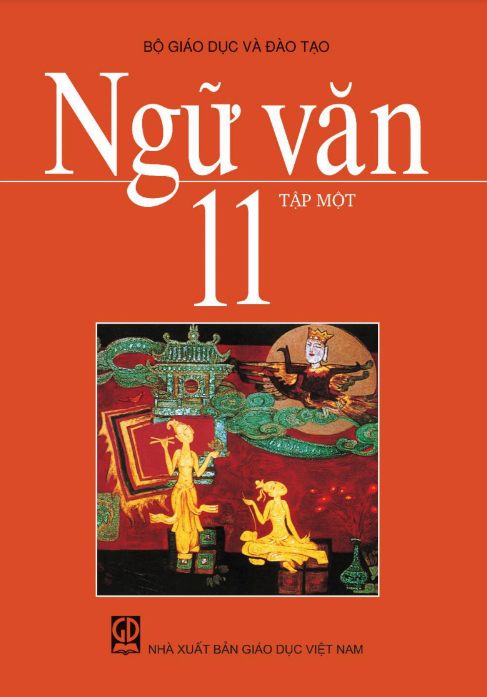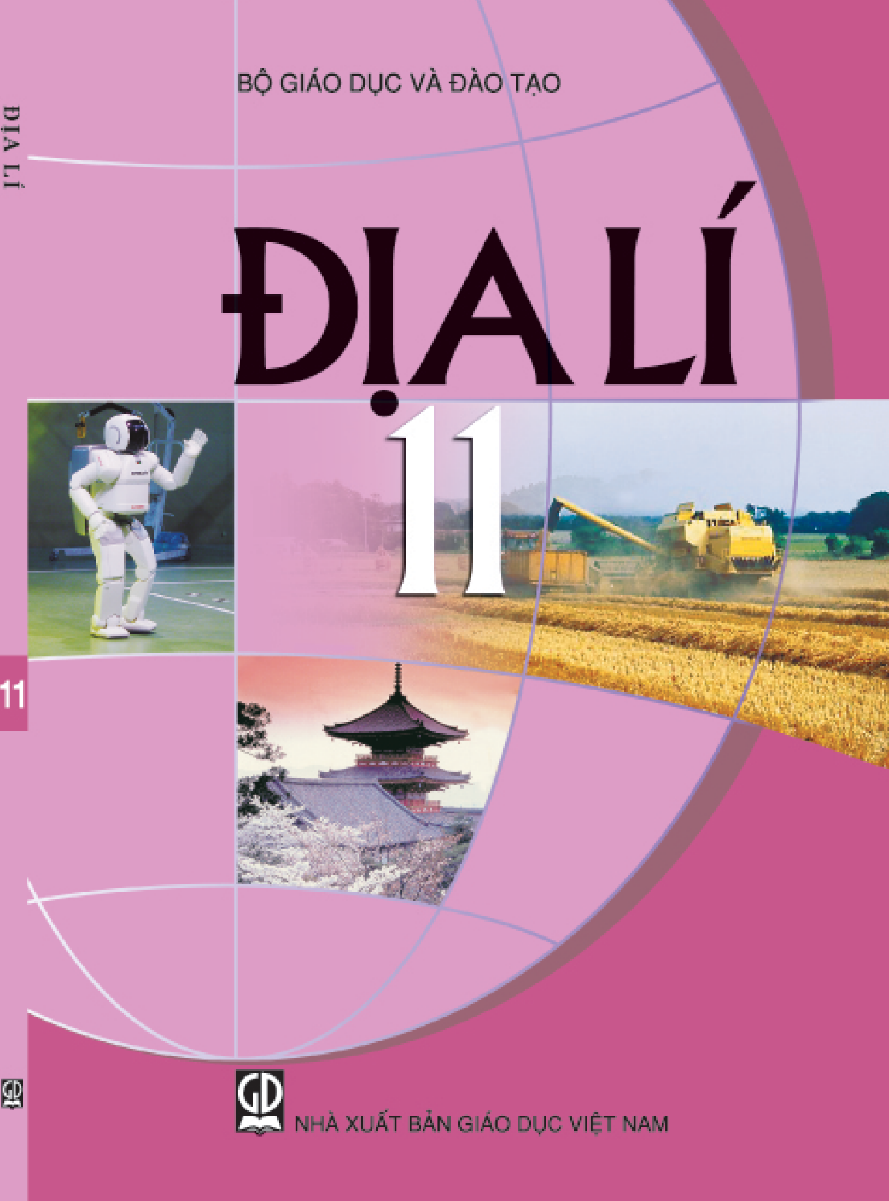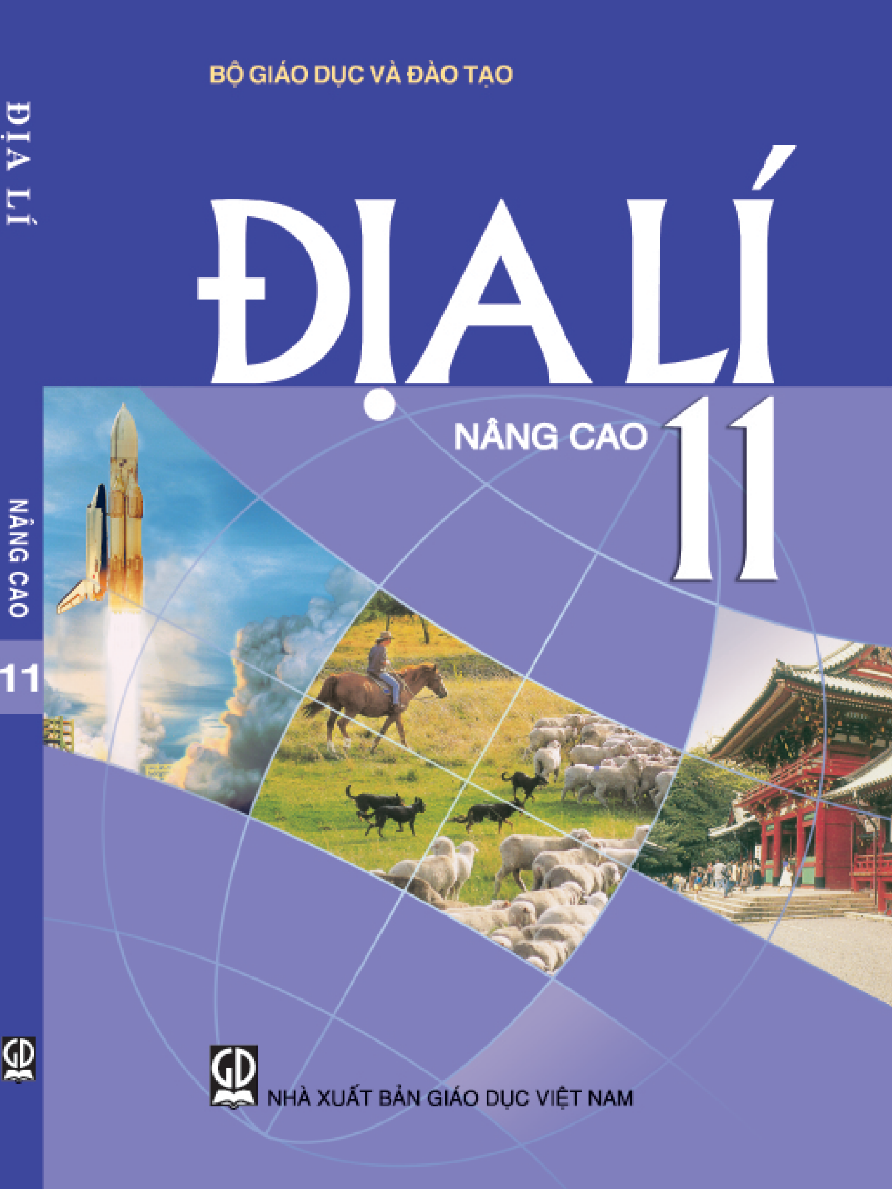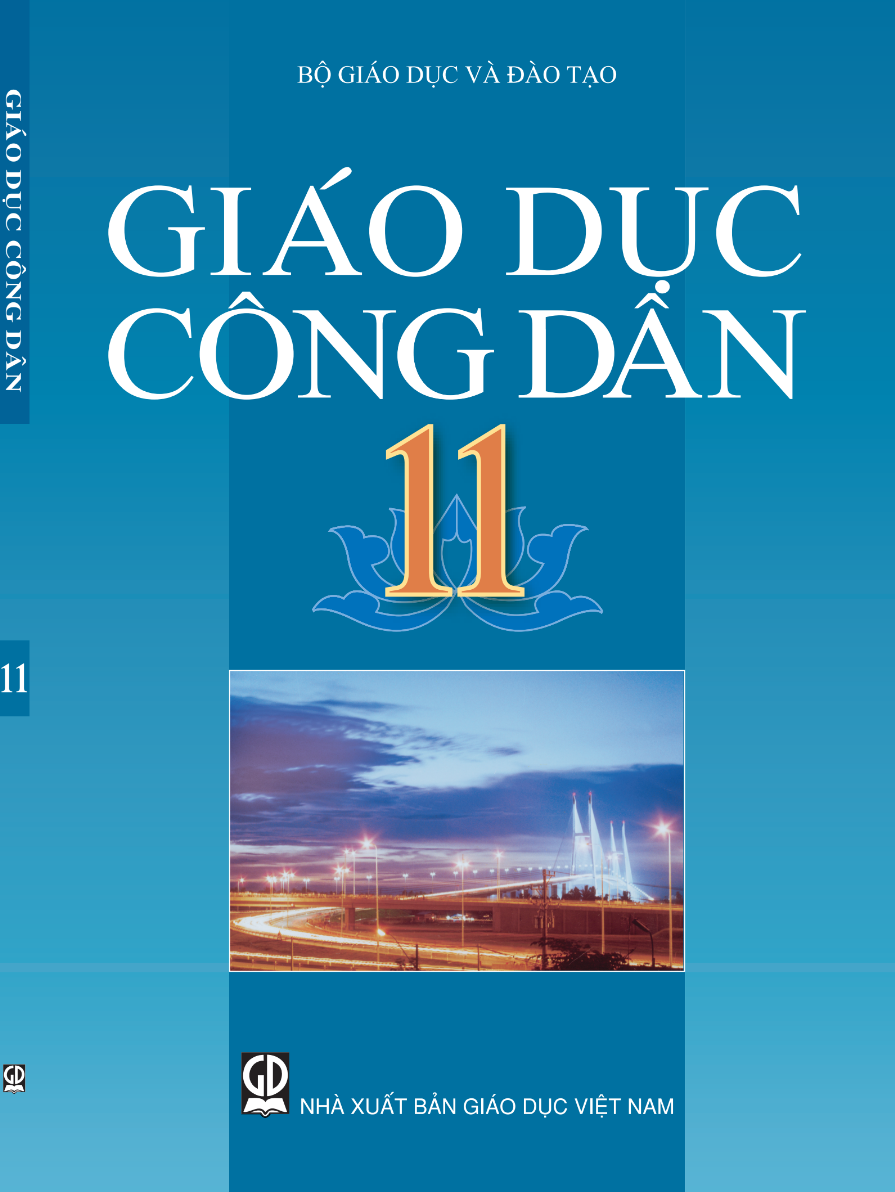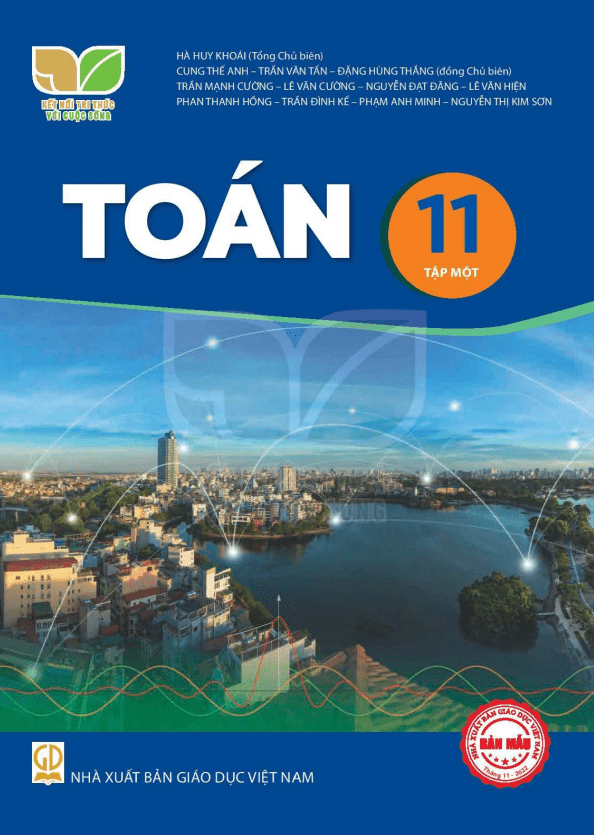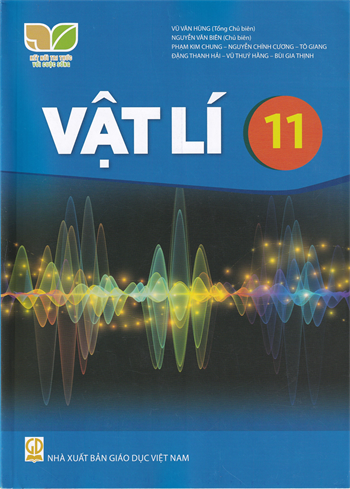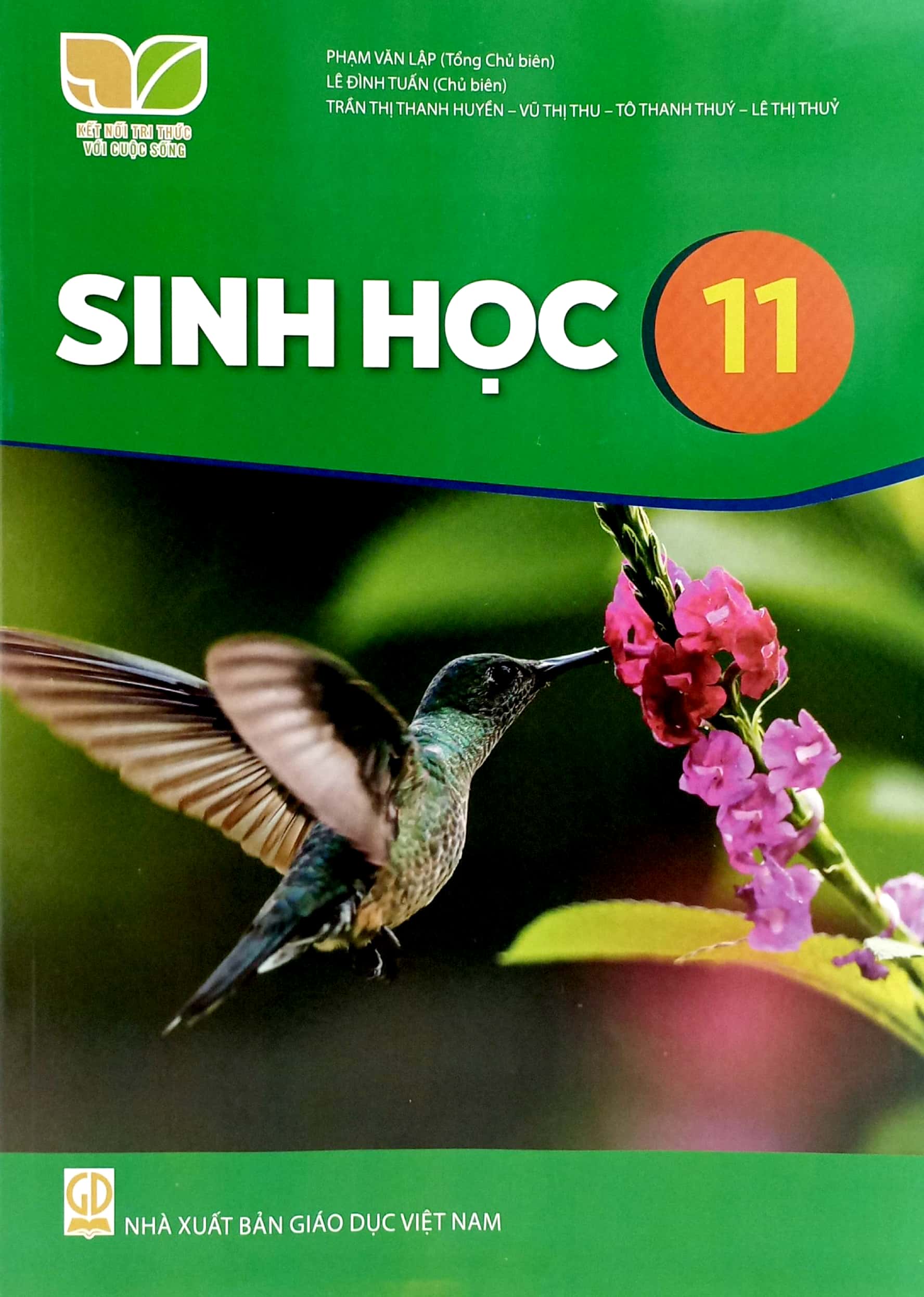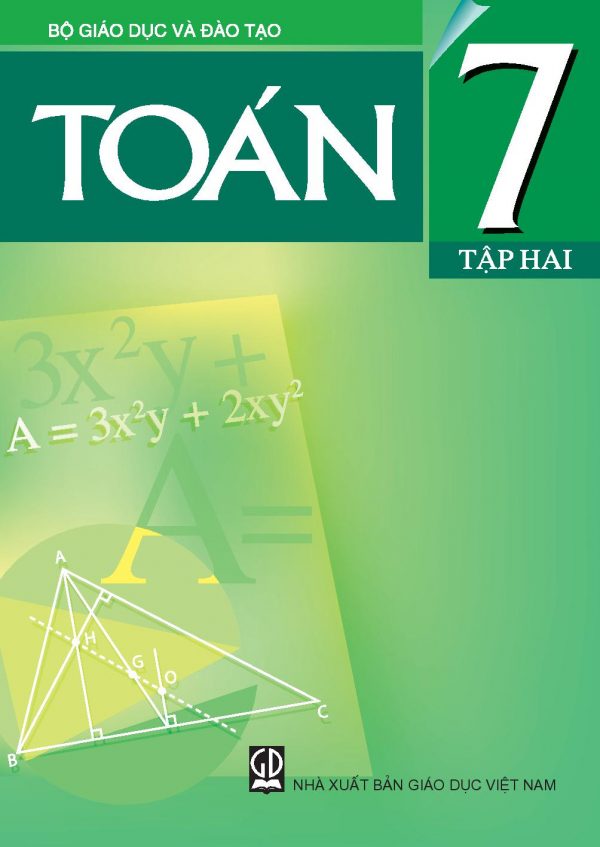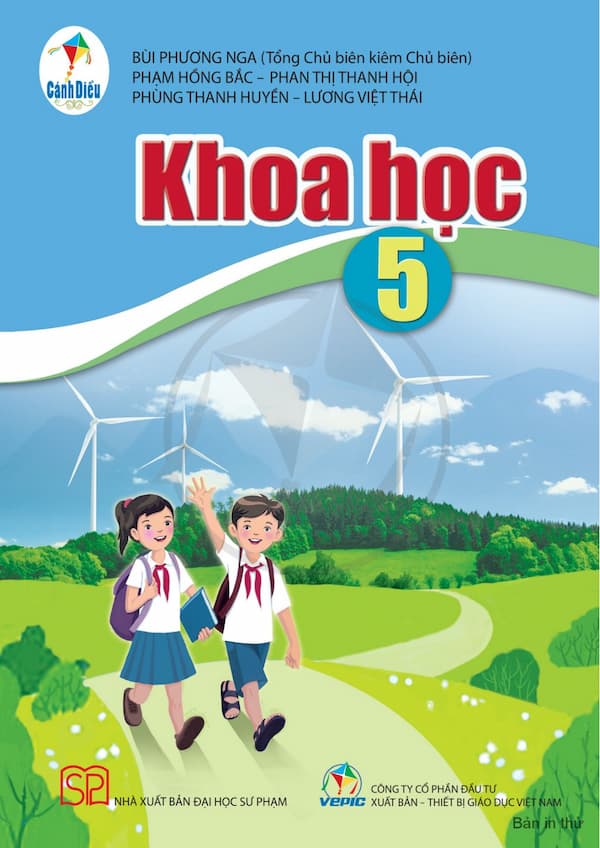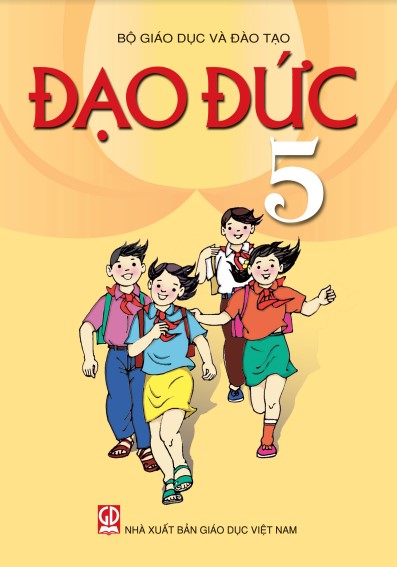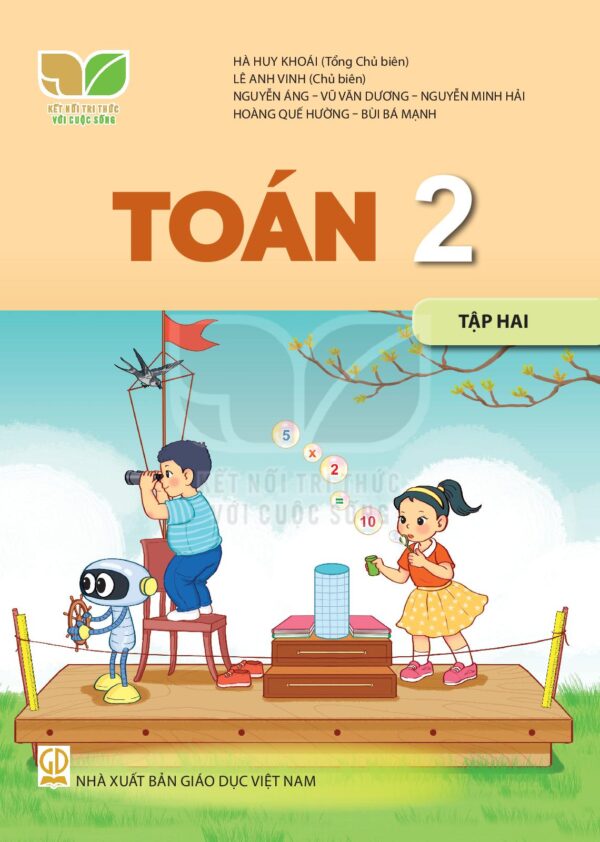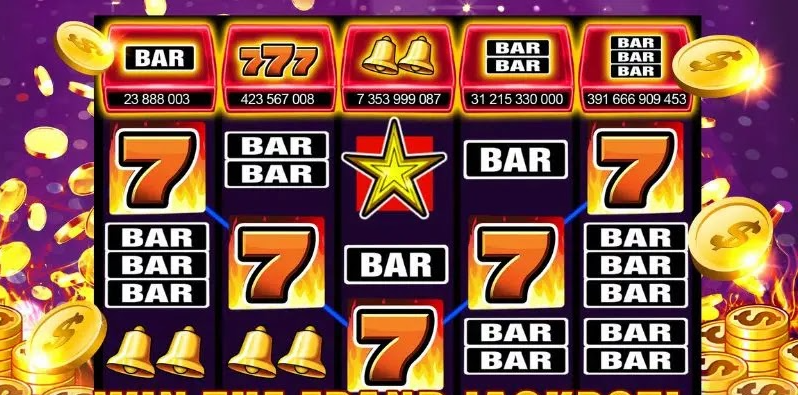(Page 19)
II. LANGUAGE
Pronunciation
Contracted forms
1. Listen and repeat. Pay attention to the contracted forms in the following sentences. What are their full forms? 🎧
1. Today, we'll talk about the generation gap.
2. You're right, Mark.
3. We can't avoid daily arguments.
4. That's a good point.
5. No, they don't.
6. Now let's continue our discussion with...
2. Listen and circle what you hear: contracted or full forms. Then practise saying these conversations in pairs. 🎧
1. A: What's / What is the topic of today's discussion?
B: We'll / We will talk about the generation gap.
2. A: Don't you / Do you not live with your grandparents?
B: No, I don't / do not.
3. A: I'm not sure who'll / who will be the next presenter? Will you speak next?
B: Yes, I'll / I will.
(Page 20)
Vocabulary
Generational differences
1. Match the words to make phrases that mean the following.
| 1. traditional | a. characteristics | special qualities that belong to a group of people or things |
| 2. common | b. conflict | a disagreement between different generations |
| 3. generational | c. values | beliefs about what is important in the culture of a particular society |
| 4. cultural | d. view | a belief or an opinion that has existed for a long time without changing |
2. Complete the sentences using the correct forms of the phrases in 1.
1. We all have _____ and they can influence the way we treat other people.
2. When you live with your extended family, you have to deal with _____.
3. Each generation has its _____ that are influenced by social and economic conditions.
4. A _____ is that men are the breadwinners in the family.
Grammar
Modal verbs: must, have to, and should
💡 Remember!
• We use must and have to to say it is necessary to do something at present.
Example: Oh, it's 10 p.m. I must go home now. / I have to go home now.
• We use have to to talk about the past or future.
Example: My grandmother had to do all household chores.
We will have to accept these generational differences.
• When the speaker decides what is necessary, we use must. When someone else makes the decision, we use have to.
Example: I must clean my room before my friend comes to stay with me.
I have to clean my room every day. (My mother forces me to do it.)
• We use mustn't to express something we are not allowed to do.
Example: You mustn't behave rudely towards other people.
• We use don't have to to say that something is not necessary.
Example: They don't have to wear uniforms at the weekend.
• We use should or shouldn't to give advice, make a recommendation, or offer an opinion about what is right or wrong.
Example: I think parents should limit their children's screen time.
1. Circle the correct answers to complete the sentences.
1. You must / mustn't respect older people. You can learn some valuable lessons from them.
2. We don't have to / have to wear uniforms on weekdays. It's the rule at our school.
3. You should / mustn't ask your parents for permission if you want to colour your hair.
4. In the past, women had to / must do all housework. It was one of their duties.
(Page 21)
2. Work in pairs. Are there any rules in your family or things that you or your parents think are necessary? Share them with your partner. Use must, have to, and should.
Example:
A: I have to be back home by 9 p.m.
B: Really? I don't have to. But my parents think I shouldn't stay out after 10 p.m.
